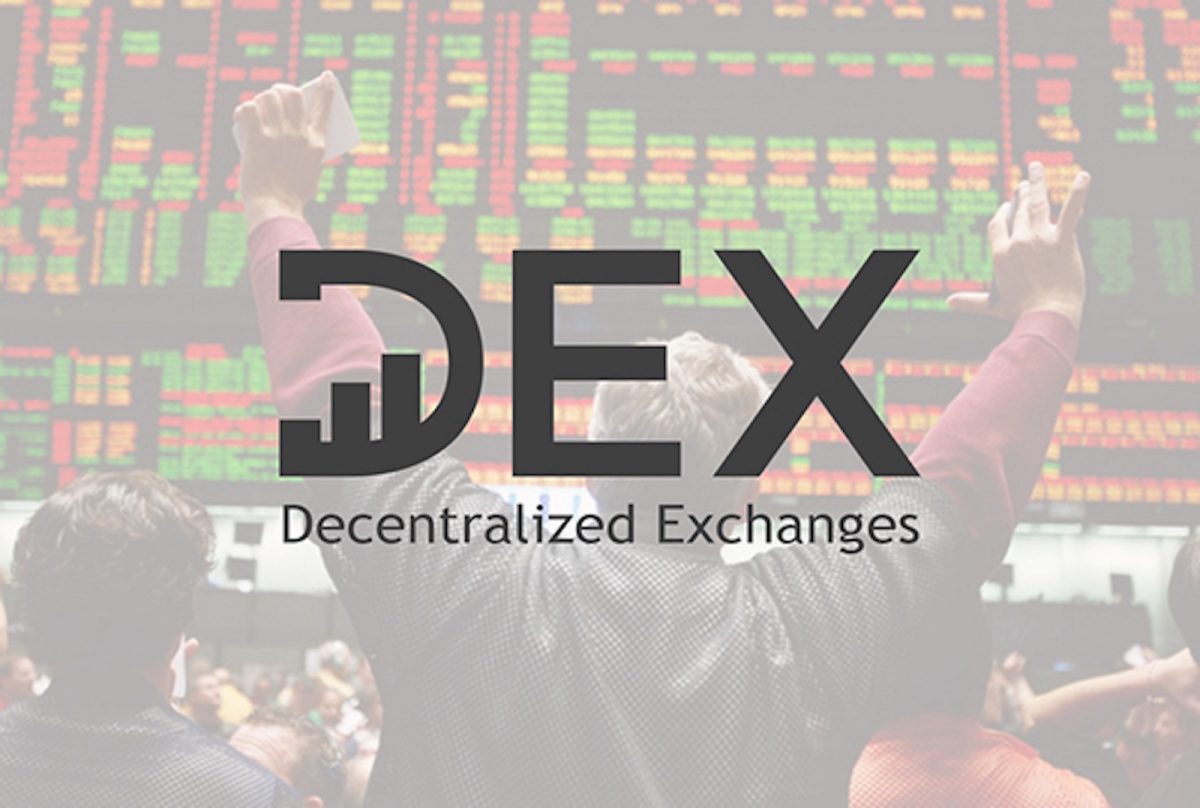Decentralized Exchanges Reached a New Record in July
30.07.2024 17:00 1 min. read Kosta Gushterov
Decentralized exchanges (DEX) achieved a record market share of 14.22%, surpassing Centralized Exchanges (CEX) in monthly trading volume, thanks to Uniswap.
Reportedly, DEXs now accounts for $139.67 billion in monthly trading volume, surpassing the previous record of 13.7% set in May 2023. Uniswap leads this surge with $48.52 billion in trading volume, followed by Raydium with $27.78 billion for July, although data for the month is not yet final.
DeFiLlama reported Uniswap’s dominance in total locked value (TVL) among decentralized exchanges, holding $5.585 billion. Curve Finance and PancakeSwap also show significant TVL – $2.029 billion and $1.825 billion respectively, while Raydium’s TVL stands at $1.259 billion.
There are quite a few factors driving this shift in investor interest. Decentralized exchanges offer increased security and privacy as users control their private keys and funds, which significantly reduces the risk of hacking and fraud.
DEXs also provide greater transparency, with all transactions recorded on the blockchain. Furthermore, the rise of decentralized finance applications (DeFi) is contributing to the popularity of decentralized exchanges. DeFi platforms offer integrated services such as lending, borrowing and yield farming without intermediaries, making financial services more seamless and accessible.
-
1
Trump Imposes 50% Tariff on Brazil: Political Tensions and Censorship at the Center
10.07.2025 7:00 2 min. read -
2
Key Crypto Events to Watch in the Next Months
20.07.2025 22:00 2 min. read -
3
UAE Regulators Dismiss Toncoin Residency Rumors
07.07.2025 11:12 2 min. read -
4
USA Imposes Tariffs on Multiple Countries: How the Crypto Market Could React
08.07.2025 8:30 2 min. read -
5
Majority of U.S. Crypto Investors Back Trump’s Crypto Policy, Survey Finds
05.07.2025 18:09 2 min. read
Two Upcoming Decisions Could Shake Crypto Markets This Week
The final days of July could bring critical developments that reshape investor sentiment and influence the next leg of the crypto market’s trend.
Winklevoss Slams JPMorgan for Blocking Gemini’s Banking Access
Tyler Winklevoss, co-founder of crypto exchange Gemini, has accused JPMorgan of retaliating against the platform by freezing its effort to restore banking services.
Robert Kiyosaki Warns: ETFs Aren’t The Real Thing
Renowned author and financial educator Robert Kiyosaki has issued a word of caution to everyday investors relying too heavily on exchange-traded funds (ETFs).
Bitwise CIO: The Four-Year Crypto Cycle is Breaking Down
The classic four-year crypto market cycle—long driven by Bitcoin halvings and boom-bust investor behavior—is losing relevance, according to Bitwise CIO Matt Hougan.
-
1
Trump Imposes 50% Tariff on Brazil: Political Tensions and Censorship at the Center
10.07.2025 7:00 2 min. read -
2
Key Crypto Events to Watch in the Next Months
20.07.2025 22:00 2 min. read -
3
UAE Regulators Dismiss Toncoin Residency Rumors
07.07.2025 11:12 2 min. read -
4
USA Imposes Tariffs on Multiple Countries: How the Crypto Market Could React
08.07.2025 8:30 2 min. read -
5
Majority of U.S. Crypto Investors Back Trump’s Crypto Policy, Survey Finds
05.07.2025 18:09 2 min. read

